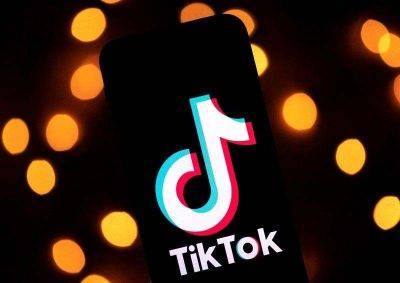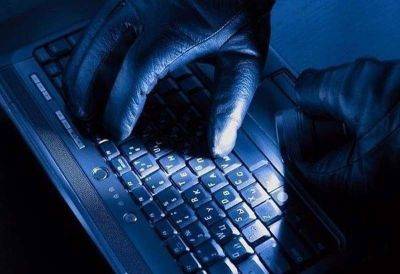Be proactive vs cyber hacking, government, private sector urged
MANILA, Philippines — Government agencies and the private sector should take a proactive stance against cyber attacks in the aftermath of the successful Medusa ransomware attack on state universal health care insurer Philippine Health Insurance Corp. (PhilHealth), Information and Communications Secretary Ivan John Uy said yesterday.
“In the future, there will still be more of this. And we need to expect that… we need to anticipate that. And we need to prepare for that,” Uy said during the launch of Cybersecurity Month this October at the Department of Information and Communications Technology (DICT) central office in Quezon City.
Drawing a parallel to fire prevention where people should buy fire extinguishers and smoke detection systems, Uy said organizations should make sure to have cybsersecurity tools to protect them from hacking.
While cybsersecurity tools may come at a price, Uy said that falling victim to cyber hacking was going to be more costly. “There is greater cost in data breaches or destruction of information systems. So we need to be proactive,” Uy said in mixed English and Filipino.
Uy said the DICT, in coordination with their Cybersecurity Bureau and Cybercrime Investigation and Coordinating Center, and law enforcement agencies are investigating the PhilHealth ransomware breach. He added that the DICT was watchful of the next moves of the cybercriminal syndicate behind the attack, after the hackers failed to get the $300,000 ransom demanded from PhilHealth.
“They will try to monetize the information. They will try to do this by selling the information to scammers, to phishers who can use that data to get fake IDs, (get) SIM card registered with the fake information, or whatever... So we are monitoring that. Because they made no money from it. So they will find a way to monetize the information,” Uy said.
He said that a report that was submitted to him showed that the Medusa ransomware hackers had stolen some 600 gigabytes of data. “The concern of DICT now is, our analysts are looking at the data and information that they are posting on the different platforms,” he said.
Uy elaborated that the hackers were posting data links to the stolen






